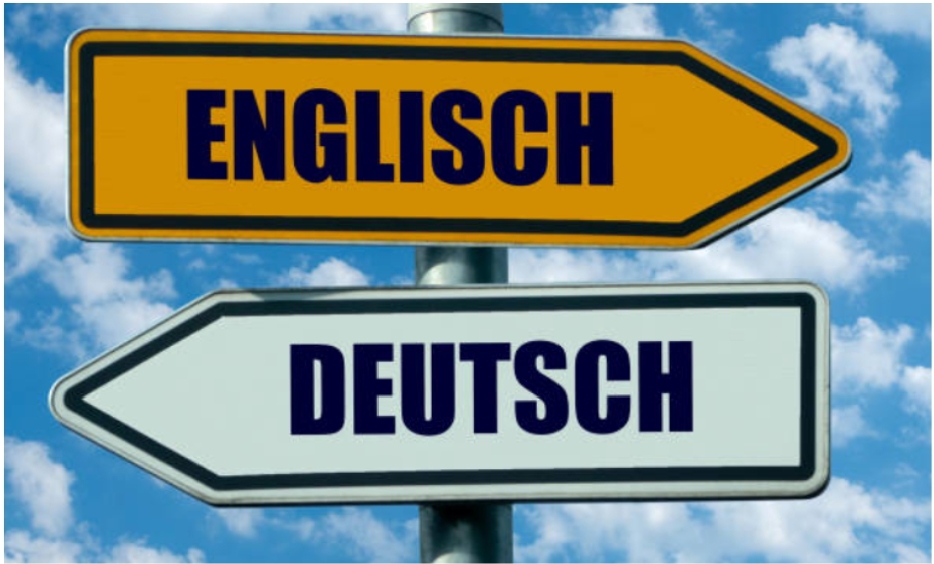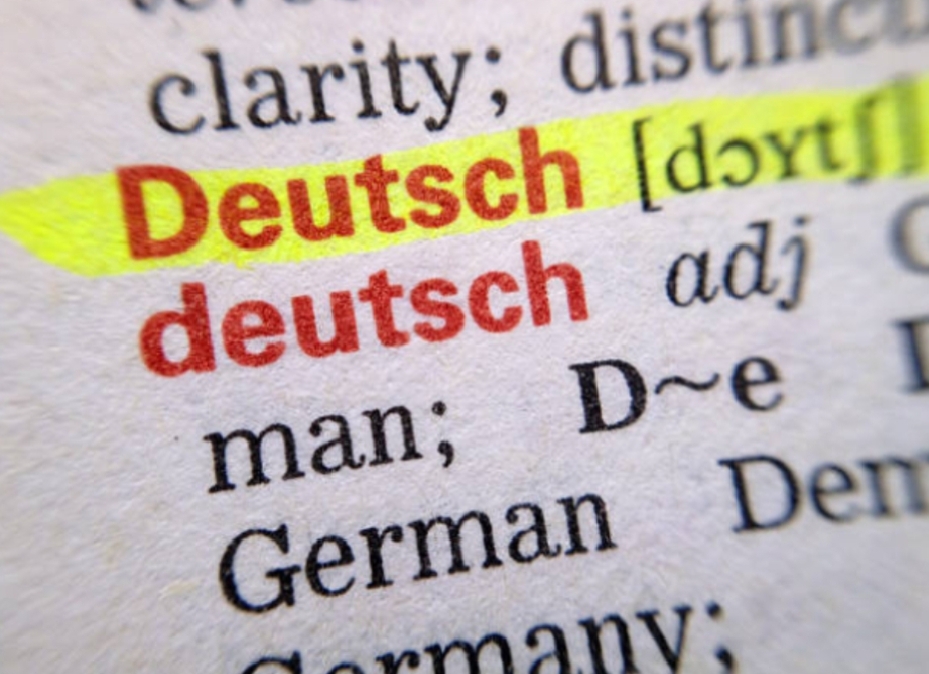So, it’s settled then! After hearing all your friends rave about their trips to Austria, Germany, and Switzerland, you’ve finally decided to visit these countries yourself. They couldn’t stop talking about the delicious Mozartkugeln from Salzburg, the laid-back vibe of Berlin, and the serene beauty of Basel along the Rhine. After hearing all that, you might be wondering why you didn’t tick these destinations off your bucket list sooner, right?
Well, no worries! Your bags are packed and ready to go: underwear, deodorant, your trusty blanket, camera, and of course, the all-important German phrasebook that’ll be your lifesaver in any situation. It’s time for your own adventure in these amazing countries!
But let’s face it, how practical is it really? Picture yourself standing in front of a German, their eyes full of expectation, waiting for you to speak. You open your mouth and say, “Sorry, just need to browse my 257-page book to say something to you. Might only take 5 minutes.” Can you imagine how quickly their smile would disappear, replaced by an impatient eye roll?
Now, don’t get me wrong: Germans appreciate it when you make an effort to speak their language. They’ll patiently wait as you struggle with those tricky German consonant clusters until you can finally get your message across. But let’s not test their patience too much.
That’s where this short language First-Aid-kit comes in handy. It prepares you for those initial encounters with Germans. Once you’ve charmed them with some good first sentences, you can always pull out your trusty phrasebook if needed. By then, your counterpart might be more willing to be patient.
Greetings in German
Before diving into the conversation, it’s important to show that you’re interested in talking by simply greeting the person. Not sure where to start? Well, a cheerful “Hallo!” never hurt anyone.
- Hallo! – Hello!
- Guten Tag! – Good day! – formal
- Guten Abend! – Good evening! – formal
- Tschüss! – Goodbye!
Present yourself in German
Once you’ve made the first step and met someone nice, you’ll probably want to exchange names. Here’s how you can introduce yourself in German:
- “Hello, my name is [Your Name].”
- “Hallo, ich heiße [Dein Name].”
Or, if you want to be a bit more formal:
- “Good day, I am [Your Name].”
- “Guten Tag, ich bin [Dein Name].”
That’s a friendly way to get the conversation started!
Perhaps your new friend invites you to explore the city together. But from your hotel, it seems like a long journey to your meeting point. Will you have to navigate through a jungle of unfamiliar streets? Fear not! With these German travel phrases, getting around should be a breeze:
- Entschuldigung, können Sie mir sagen, wo der U-Bahnhof/die Bushaltestelle ist? – Excuse me, can you tell me where the metro / bus station is?
- Wo muss ich aussteigen für das Hotel „Fancy Name“/ die Landungsbrücken/ den Prater? –Which stop do I get off at for the hotel “fancy name”/ Landungsbrücken/ Prater?
- Wie komme ich zum Hauptbahnhof/ zum Tokio-Hotel-Konzert/ zur Staatsoper? – How do I get to the central station / the Tokio Hotel concert / the opera?
- Gute Reise! – Safe travels!
Shopping in German
When traveling, it’s essential to pick up some nice souvenirs, not just for your friends and family, but also for yourself. Your fridge magnet collection will be delighted to welcome a new addition, and every time you look at it, you’ll remember how proud you were to ask for its price in German. So, let’s dive into some German shopping phrases to help you on your souvenir hunt!
- Haben Sie das auch in Größe S? – Do you have that in size S?
- Wieviel kostet das? – How much does that cost?
- Kann ich mit (Kredit)Karte zahlen? – Can I pay by (credit) card?
Eating safely
A trip isn’t complete without tasting the local food. But if you have allergies, you’ll want to make sure you can enjoy your meal without any unpleasant surprises. Here are some useful German phrases to help you navigate food options:
- “Ich hätte gern … bitte.” – “I’d like the …, please.”
- “Sind in dem Salat / der Currywurst / dem Sauerkraut Erdnüsse / Krustentiere / Eier?” – “Does this salad / currywurst / sauerkraut contain peanuts / crustaceans / eggs?”
- “Ist der Kaffee glutenfrei? / Ist die Milch laktosefrei?” – “Is the coffee gluten-free? / Is the milk lactose-free?”
- “Die Rechnung, bitte!” – “(Can I have) the bill, please?”
These phrases will help you ensure a safe and enjoyable dining experience while traveling.
Of course, you don’t need to master the most complicated polite verb forms in German. Just a simple “Thank you” will do the trick.
- “Danke(schön)” – Thank you.
- “Bitte(schön)” – Please / You’re welcome!

These basic phrases will go a long way in showing politeness and gratitude during your travels in Germany. However, if you want to deepen your understanding of the language, consider seeking guidance from a German language tutor, a face-to-face language instructor, or using language apps.
These resources offer structured learning environments and personalized feedback, helping you progress faster in your language skills. Whether you’re a beginner or looking to improve your fluency, exploring these options can greatly enhance your language learning journey and make your travels even more rewarding.
With this handy list of essential phrases, you’ll be able to have basic conversations in German. So, all that’s left for me to say is: Safe travels! Or, as they say in German: “Gute Reise!”




